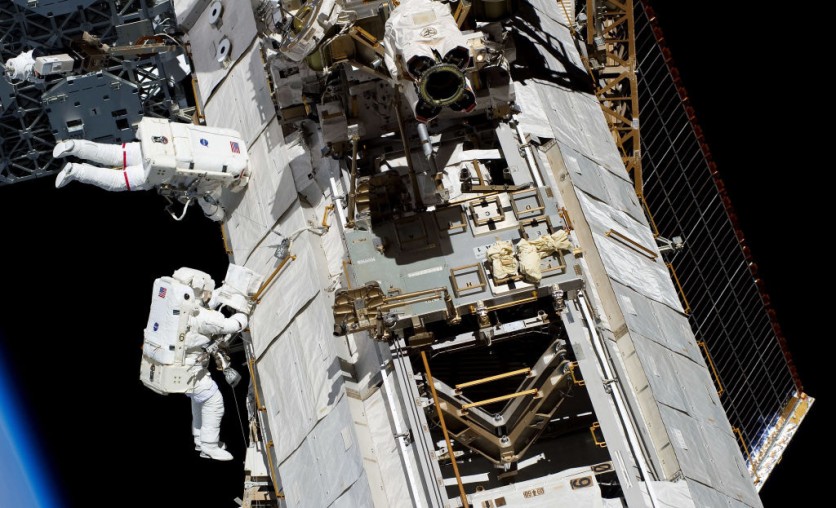American aerospace company Voyager Space and Europe's Airbus Defence and Space have united to forge a transatlantic partnership aimed at creating the next-generation space station, Starlab, which is set to succeed NASA's International Space Station (ISS).

Starlab to Succeed ISS of NASA
Voyager Space and Airbus Defence and Space have come together in a transatlantic collaboration to develop the next-generation space station called Starlab, which is slated to be launched into orbit in 2028.
Interesting Engineering reported that this ambitious endeavor is intended to serve as a successor to NASA's renowned International Space Station. It is a continuation of the long-standing tradition of collaboration between American and European firms in space exploration.
Voyager Space's President, Matthew Kuta, expressed pride in chartering the future of space stations with Airbus and emphasized their commitment to building upon the ISS legacy as a successful platform for global cooperation.
The venture seeks to address the known demand from global space agencies and unlock new opportunities for commercial users in the expanding space market. Voyager received a $160 million award from NASA in December 2021.
The award was secured through Voyager's subsidiary, NanoRacks, under NASA's Commercial Low Earth Orbit Development Program. This funding agreement is deemed a crucial step in the establishment of the next-generation space station.
The two collaborating companies stated that Starlab's core goal is to ensure a continuous human presence and reinforce American leadership in low-Earth orbit (LEO).
In a significant stride towards the future of commercial space exploration, Kuta expressed his enthusiasm for the collaboration with NASA, signifying an advancement for development.
Phys reported that this partnership not only expands Starlab's ecosystem to serve global space agencies but also highlights the team's mission-driven dedication to redefining the future of space destinations.
It's important to note that the implementation of this joint venture is contingent upon obtaining regulatory approvals from the relevant governing bodies. As we move forward, the public will get to see the development of the new space station in the coming months and years.
Catering to European, American Space Agencies
Airbus stated on its official website that Starlab is poised to become a truly international endeavor, not only encompassing a US entity but also featuring a European joint venture subsidiary dedicated to serving the European Space Agency and its member state space agencies.
Airbus Space Systems Head Jean-Marc Nasr highlighted the significance of this collaboration, saying that Airbus takes pride in partnering with companies that seek to make history through innovation and technological advancements.
This transatlantic venture aligns the interests of Airbus, Voyager, and their respective space agencies. It represents a pioneering effort to uphold European and American leadership in space exploration, propelling humanity forward.
Together, the teams are dedicated to establishing an unparalleled space destination in terms of both technology and business operations.
The long-standing collaboration between the US and Europe in space projects, exemplified by joint efforts like the Hubble Space Telescope operated by the European Space Agency, extends its reach into the private space sector through this new partnership.
Related Article : NASA Experiences Power Outage, Disrupting ISS Communication

ⓒ 2026 TECHTIMES.com All rights reserved. Do not reproduce without permission.




